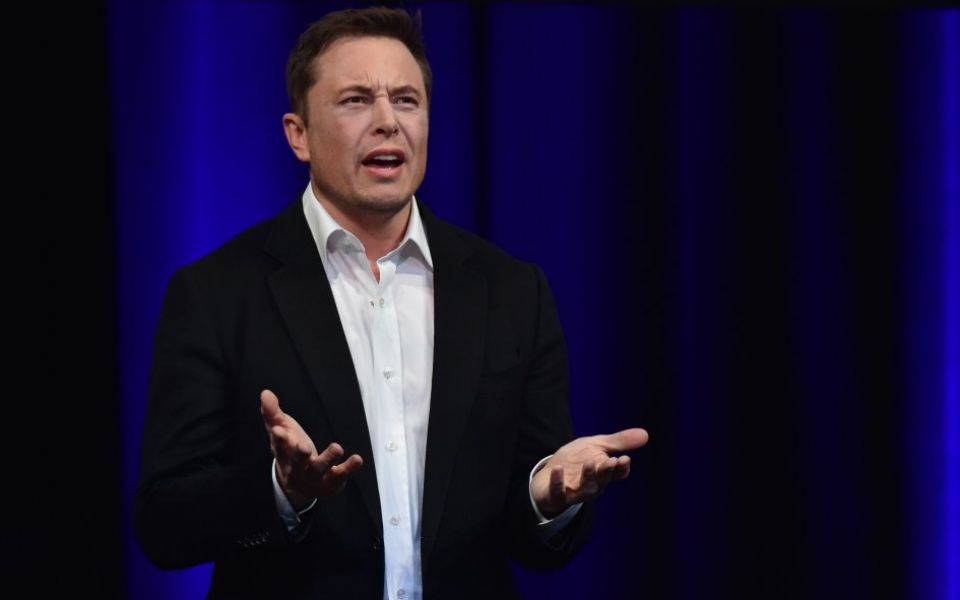Tech chiefs might build robots, but they need to act like humans and come back down to earth

A decade ago, it would have been highly unlikely that the average Joe could name a single chief executive at any of the world’s largest tech companies. Bill Gates and Steve Jobs aside, this unique set of individuals has historically operated in the shadows.
But today, like it or not, technology is deeply ingrained in our everyday existence. Be it our shopping habits, the way we bank, our interactions with family and friends on the other side of the globe, our choice of taxi service, and even our dating history, it’s almost impossible to escape from the unrivalled influence that technology companies exert in our lives.
In fact, the sheer volume of publicity generated by Silicon Valley means that its head honchos are no longer just the most intensely scrutinised entrepreneurs in the world, but of all time.
Read more: 'It's legal, right?' Elon Musk smokes weed on podcast
Therein lies the problem. These brilliant inventors must now become adept communicators, capable of humbly and rationally articulating their corporate narrative.
There was a time when the Valley’s darlings of old repeatedly won over our hearts and minds by delighting us with state-of-the-art products fit for the masses. Jobs and Gates were revered for their vision and philanthropy – not renowned for their Twitter tantrums. Technology was seen as a democratising force.
Yet in recent times, the conversation has changed beyond measure.
The line pedalled by chief executives at Facebook, Apple, Microsoft, Google, Amazon and elsewhere has been to hammer home their technology’s apparently utopian properties, with regulators being portrayed as nothing more than obstacles preventing them from fulfilling their true potential.
However, this approach to communications has turned sour. It’s become combative, short-sighted, and inherently arrogant.
Increasingly, perceived wisdom dictates that tech’s hegemons are unilaterally focused on making as much money as possible. If anything, Apple and Amazon’s recent trillion dollar valuations are far more an indicator of their financial prowess than a celebration of their innovation.
This has been compounded by growing distrust in the industry’s data handling practices, social media sites proving to be vehicles for the subversion of the democratic process as fake news crowds out the legitimate reporting of stories, and widespread concerns over technology’s ability to track our movements, as well as be weaponised by the enemies of our nation.
And yes, the likes of Elon Musk may design rockets and plot mankind’s colonisation of Mars while smoking marijuana during a live web show, but nothing will ever give him the right to do something so petty as publicly labelling someone a “pedo” – to his Twitter following of more than 22m no less.
Nor does it justify his mockery of public market trading rules, or his attacks on the media if coverage isn’t to his liking.
Now, more than ever, the great and the good of the industry need to act with more humility, transparency, honesty and openness in all their dealings with the media and the public – regardless of whether they take place behind closed doors.
In short, we shouldn’t be made to feel like pawns in a game orchestrated by tech’s out-of-touch elites.
Above all, tech’s billionaires desperately need to educate themselves – or be educated on – not just the rudimentary principles of good communication, but basic human etiquette, emotional intelligence, respect for others’ opinions, and the importance of deference.
If the industry genuinely wants to stop fluffing its lines, its leaders need to focus on keeping their feet on the ground, instead of their heads in the sky.
Read more: Elon Musk teases AI project to create ‘superhuman cognition’